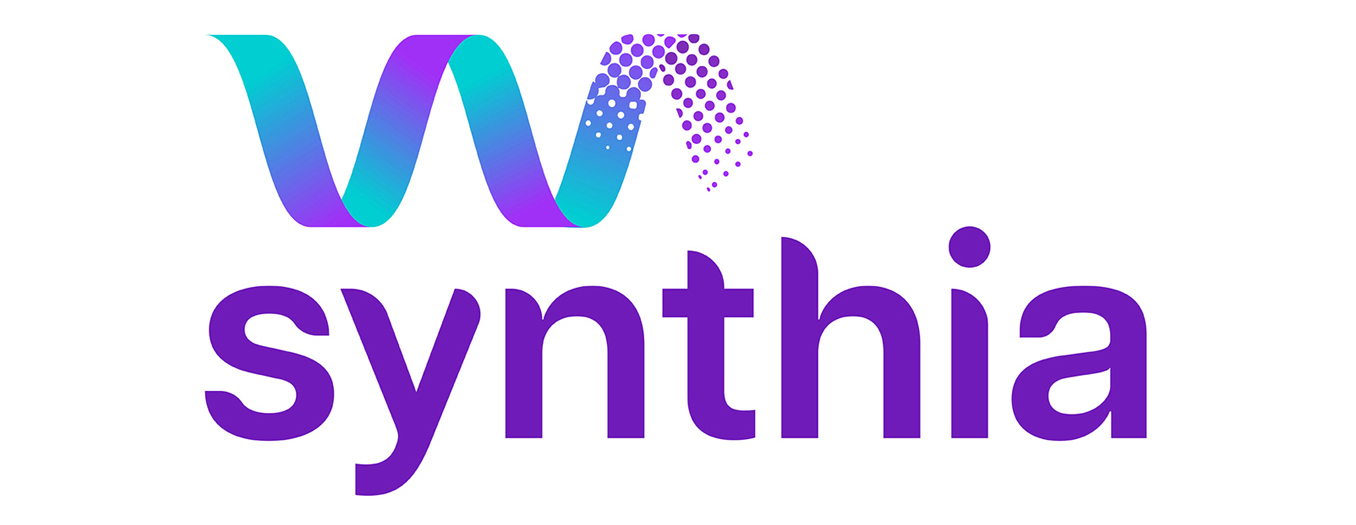SYNTHIA – Synthetic Data Generation framework for integrated validation of use cases and AI healthcare applications

In the SYNTHIA research project, public and private institutions are working to define a responsible use of synthetic patient data for health applications. These data, which are generated using generative artificial intelligence methods, can help overcome data protection hurdles, improve prediction models for personalized medicine – and thus enable the early detection of Alzheimer's disease, for example – and emulate control groups in clinical studies. In this way, synthetic data offers a promising solution for facilitating access to patient data without compromising the privacy of actual patients.
The multinational SYNTHIA consortium is developing new techniques for generating synthetic data, such as laboratory results, genomic data, and imaging diagnostics. The project focuses on six key diseases: lung cancer, breast cancer, multiple myeloma, diffuse large B-cell lymphoma, Alzheimer's disease, and type 2 diabetes. The SYNTHIA project is developing a state-of-the-art IT platform that provides validated data and documents their possible applications. The consortium comprises 32 partners from pharmaceutical research, medical technology, and science. Interdisciplinary teams of data scientists, clinical researchers, lawyers, and data protection experts are working together to ensure the practical application and ethical use of synthetic data. The project's technological innovations include approaches such as digital twins, federated machine learning, and clinical trial emulation.
Fraunhofer SCAI contributes its expertise in the generation of synthetic data using generative AI and is working particularly intensively on the application of these methods for clinical trials in Alzheimer's research. To further explore the application of synthetic data in clinical studies in Alzheimer's research, Fraunhofer SCAI is cooperating with Gates Ventures, the private investment firm of Microsoft founder Bill Gates.
The project is part of the Innovative Health Initiative (IHI), a public-private partnership between the European Union and the European life science industry. Fraunhofer SCAI will receive funding of around 480 thousand euros for the five-year project.
Project duration: 09/2024 to 08/2029
